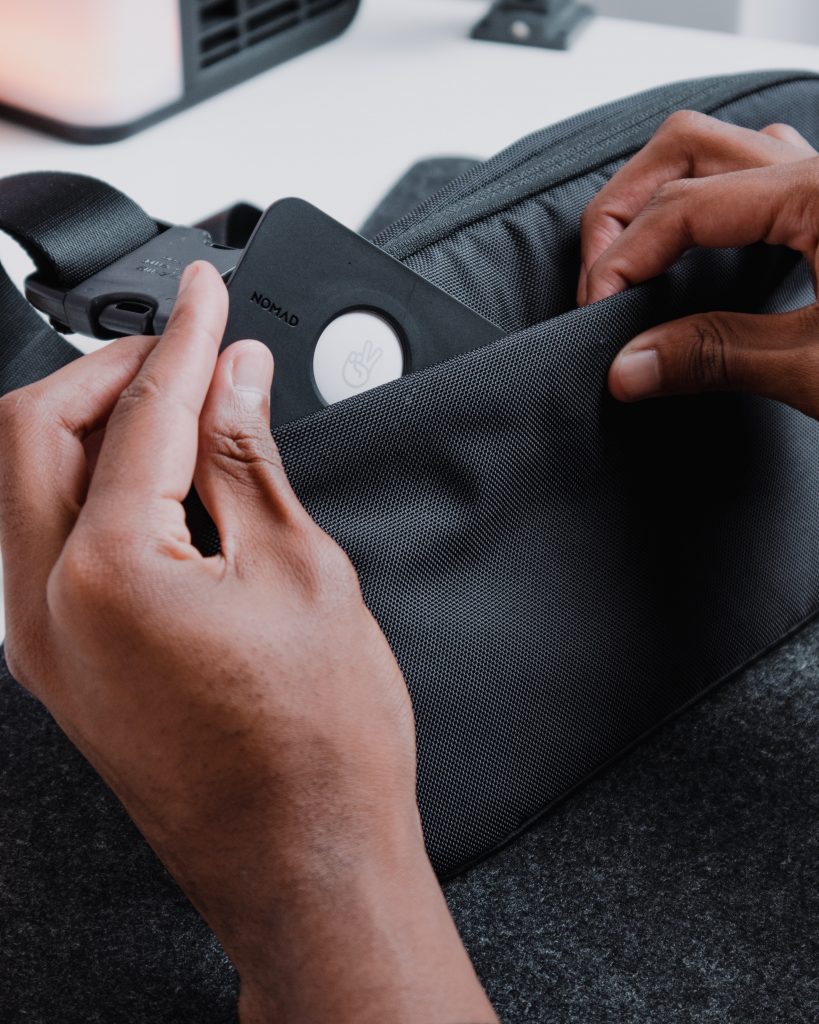
N8 PRP funds research on digitally enabled coercive control
The N8 PRP has funded a 9 month grant investigating how police can respond to the use of domestic surveillance technology in coercive control cases.
N8 Policing Research Partnership has announced £34k in funding for a project led by Dr Antoinette Huber and Professor Barry Godfrey, University of Liverpool, to explore the nature of ‘digital coercive control’, examine what police responses currently exist, and develop tools and training material for police.
Significance
The funding is from a new initiative from N8 PRP, the ‘Police Priority Projects’. The aim of the initiative is to provide regionally-informed, focused critical analysis on questions of value and significance to all 12 N8 PRP police partners and to policing nationally. It is an opportunity for researchers to engage with police on research with exceptionally strong potential to impact policing thought and practice on a significant scale.
For this call, police partners identified a need for peer-reviewed evidence to understand the scale and nature of digitally enabled coercive control, and how best to respond to it.
DCI Dr Rob Ewin, Cumbria Constabulary, said of the need for the project;
Technology can play a distinctive role is used in cases of coercive control, including use of social media, online banking, and home security technology.
However, a recent HMICFRS report found that the UK is lagging behind in the ability to recognise and investigate this activity, with demand outstripping capacity.
It is critical that staff feel insufficiently informed to manage digital investigations or develop forensic strategies.
The report, An inspection into how well the police and other agencies use digital forensics in their investigations, December 2022, can be accessed at the HMICFRS website.
Co-Production

Little is currently known about the nature of digitally enabled coercive control in the UK.
The Police Priority Project demonstrates the capacity of N8 PRP to foster collaboration and co-production across the partnership.
Prior to application, academics who were invited to attend a ‘Call Information Webinar’, where the scope and aims of the project were discussed. At the webinar, the specific needs of police highlighted a gap in current research.
Whilst the concept of digitally enabled coercive control has received significant attention from researchers, understanding of how domestic surveillance equipment is used for coercive control and can be investigated for in the UK context is underdeveloped.
N8 PRP funding will allow N8 researchers and police partners to address this gap and provide better protection for victims.
Dr Huber and Professor Godfrey will work closely with police partners from Cumbria, Merseyside, Durham, and the College of Policing to examine case histories, current training material, and carry out interviews with police and victims.
The research will seek to identify which technologies are being used and perpetrators are using them, identify effective investigative practice, and review current training material. These findings will then be used to co-produce tools and training material for police which will be shared with police forces and governance organisations with the aim of improving police practice.
Victim/Survivor-Informed
Answering practical questions of how to investigate surveillance technologies are fundamental to achieving justice. However, the selection panel (made up of representatives from Cumbria, Merseyside, and Durham Constabularies, and the College of Policing), were highly supportive of the research team’s proposal to include improving interpersonal responses of police with victims as a key aim of the project.
The project PI, Dr Antoinette Huber, writes;
Studies have reiterated that research must be informed by victims/survivor experiences; not only are they the service recipients of the criminal justice system, but they also offer unique insight into what constitutes effective practice.
Dr Huber, a Lecturer in Criminology at the University of Liverpool, is an acknowledged international expert in the impact of image-based sexual abuse and victims’ experiences in the criminal justice system. In 2015, she was awarded an MPhil in Criminological Research from the University of Cambridge and completed her PhD at Liverpool John Moores in 2020. Her research has focused upon cybercrime, sexual violence, extremist groups online, and digital criminology. Dr Huber has worked closely with domestic violence organisations, Victims of Internet Crime (VOIC) and the Revenge Porn Helpline. She has also worked with the UK and EU commissions contributing to legislative and regulatory change around digital abuse.
Professor Barry Godfrey, co-investigator on the project, also has significant experience in this area. This year, his recommendations on domestic abuse during Covid, co-produced with DA Leads at 23 police forces, were fully accepted by the NPCC Domestic Abuse Lead and subsequently used by the DA Commissioner to produce a new strategic plan. In 2022-3, facilitated by funding from the N8 Police Research Partnership, research was undertaken to examine strategies for reducing serious repeat DA offending which produced a report for police and shared by HMICFRS. Professor Godfrey is Professor of Social Justice at the University of Liverpool.
The project will begin September 2023, and is scheduled to report in July 2024. For more information, please contact Dr Antoinette Huber.










0 Comments